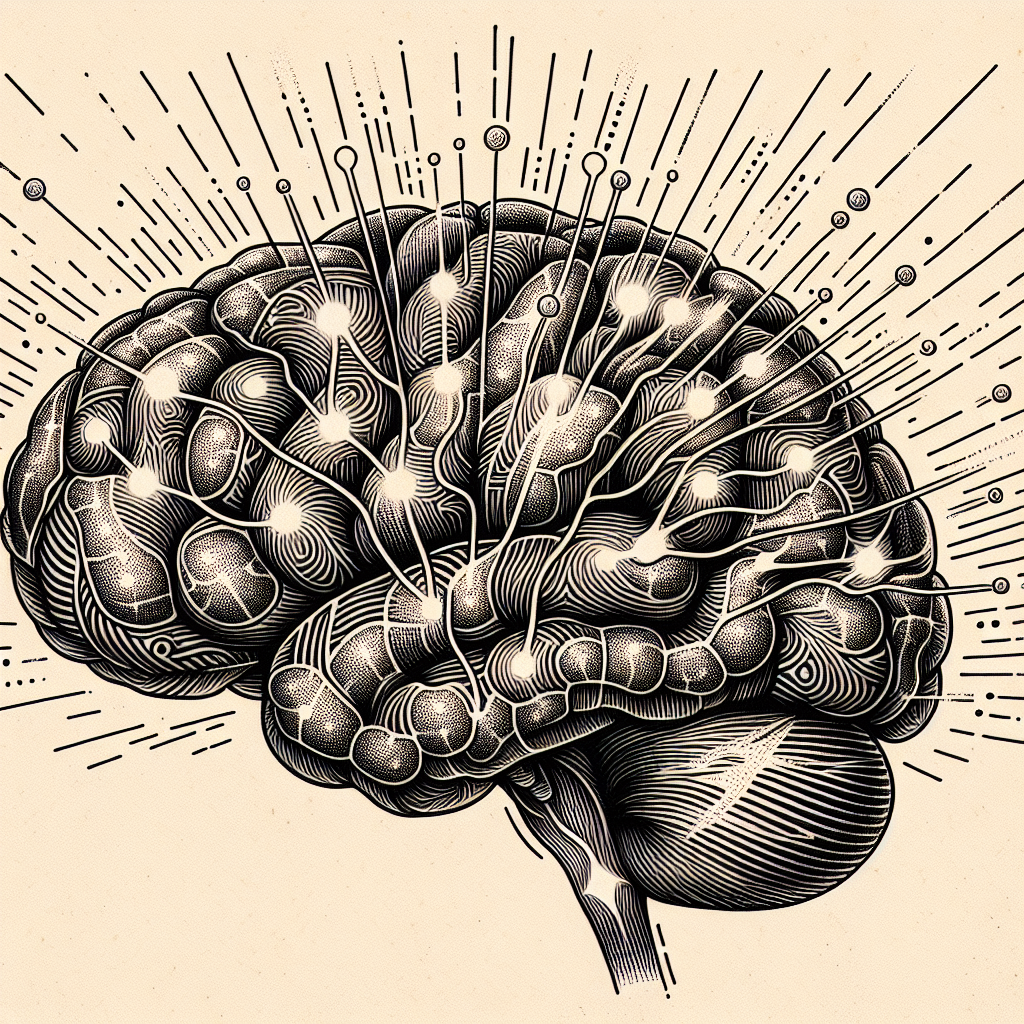The pursuit of better brain health is a common goal shared by individuals from all walks of life. It’s a complex endeavor that requires a nuanced understanding of how lifestyle factors contribute to cognitive function and overall brain wellness. One of the most potent influencers of brain health is physical activity, particularly aerobic exercise. In this comprehensive exploration, we’ll delve into the myriad ways aerobic exercise can enhance cognitive performance, bolster brain structure, and protect against neurological decline.
The Science of Exercise and the Brain
Aerobic exercise, also known as cardio, is any physical activity that increases your heart rate and gets your blood pumping, from running and cycling to swimming and dancing. This type of exercise is not only crucial for maintaining a healthy body but also plays a significant role in sustaining a healthy mind. Recent research has illuminated the profound impact that aerobic exercise has on the brain, offering insights that could shape the future of cognitive care.
Neurogenesis and Brain Plasticity
At the heart of the brain-enhancing effects of aerobic exercise lies the concept of neurogenesis, the creation of new neurons in the brain. It was once believed that humans were born with all the neurons they would ever have, but groundbreaking studies have shown that aerobic exercise can stimulate the production of new brain cells, particularly in the hippocampus, an area critical for memory and learning. This phenomenon is closely tied to brain plasticity, the brain’s ability to adapt and reorganize itself. By promoting neurogenesis, aerobic exercise ensures that our brain can continue to form and rewire connections, enhancing its plasticity.
To understand more about the link between physical activity and the birth of new neurons, the article "Exploring the Link Between Exercise and Neurogenesis" offers a deep dive into this fascinating subject.
Cognitive Function and Mental Health
The cognitive benefits of regular physical activity are well-documented. Studies have consistently shown that individuals who engage in aerobic exercise display improved concentration, sharper memory, and faster learning abilities. Moreover, exercise has been found to reduce symptoms of depression and anxiety, contributing to overall mental well-being.
For a broader understanding of how regular exercise can lead to cognitive enhancement, consider reading "Cognitive Benefits of Regular Physical Activity".
Age-Related Cognitive Decline
As we age, our cognitive faculties naturally begin to wane, a process that can lead to conditions such as age-related memory loss and even dementia. However, aerobic exercise serves as a potent strategy to slow or even reverse some aspects of cognitive aging. By increasing blood flow to the brain, aerobic exercise delivers essential nutrients and oxygen that help maintain brain health, while also reducing the risk of developing neurodegenerative diseases.
To explore strategies that can help prevent the decline of cognitive abilities with age, the article "Strategies to Prevent Age-Related Cognitive Decline" provides valuable insights.
Aerobic Exercise: A Multifaceted Approach to Brain Enhancement
The effects of aerobic exercise on the brain are multifaceted, affecting various aspects of cognitive function and brain structure. Let’s delve into some specific benefits that aerobic exercise brings to the table.
Enhancing Memory and Learning
Aerobic exercise can significantly impact memory and learning. By stimulating the release of growth factors, such as brain-derived neurotrophic factor (BDNF), it supports the growth and survival of neurons and encourages the formation of new neural connections. This leads to improved memory retention and the ability to learn new information more effectively.
Boosting Executive Functions
Executive functions, which include skills like problem-solving, planning, and attention, are also positively influenced by aerobic exercise. Regular cardio workouts can help enhance these higher-level cognitive processes, making it easier to manage daily tasks and make sound decisions.
Alleviating Stress and Anxiety
Physical activity is a potent stress-reliever, thanks in part to its ability to lower cortisol levels, the body’s stress hormone. Aerobic exercise also triggers the release of endorphins, chemicals in the brain that act as natural painkillers and mood elevators, often referred to as the "runner’s high."
Integrating Aerobic Exercise into Your Lifestyle
Incorporating aerobic exercise into your routine doesn’t require drastic changes. It can be as simple as taking brisk walks, joining a dance class, or cycling to work. The key is to find an activity you enjoy, which will make it easier to stick to a regular exercise regimen.
Setting Realistic Goals
Begin with modest goals and gradually increase the intensity and duration of your workouts. The American Heart Association recommends at least 150 minutes of moderate aerobic exercise or 75 minutes of vigorous exercise per week for adults.
Creating a Balanced Routine
While aerobic exercise is crucial for brain health, it’s important to maintain a balanced fitness routine that includes strength training, flexibility exercises, and balance exercises. This comprehensive approach not only benefits the brain but also supports overall health.
For those interested in a holistic approach to fitness that includes aerobic exercise, the "Fitness" page on Avix Health provides a wealth of information to get started.
External Resources to Further Your Understanding
To deepen your knowledge about the brain-enhancing effects of aerobic exercise, consider exploring these niche and specific resources:
- The National Institute on Aging’s guidelines on physical activity and exercise for older adults, which include tips for incorporating more aerobic activity into daily life.
- A comprehensive review by the American Psychological Association on exercise and psychological health, detailing the mental benefits of regular physical activity.
- The Harvard Medical School’s resource on how to boost your BDNF levels, offering insights into the relationship between exercise, diet, and brain health.
Conclusion
Aerobic exercise is much more than a tool for physical fitness; it’s a key component of cognitive wellness and mental health. As research continues to uncover the complex interactions between physical activity and brain function, it becomes increasingly clear that a regular routine of aerobic exercise can have far-reaching effects on our cognitive abilities and neurological health. By embracing aerobic exercise, we not only enhance our brain’s capacity for memory, learning, and critical thinking but also take a proactive step toward preventing age-related cognitive decline.



